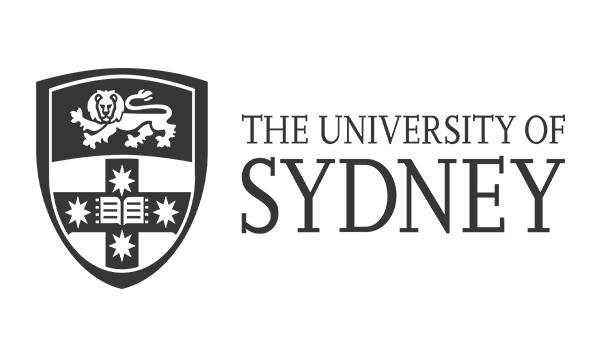AU7 Master of Museum and Heritage Studies University of Sydney
-
THÔNG TIN CHUNG
No. 22 in the world
We're ranked 22nd in the world for Arts and Humanities in the 2020 QS World University Rankings by Subject.
Develop a deep understanding of the core historical and theoretical developments in museum and heritage studies as well as knowledge of current practice and debates.
Learn the frameworks for managing collections and sites, and develop a practical understanding of the modes of interpretation adopted in the museum and heritage sector. Gain object and site research techniques, and learn how to conduct significance assessment, collection management and archival research and display, as well as contribute to heritage studies and conservation management plans.
Discover how meaning is constructed in museums and at heritage sites through material objects, cultural practices, exhibits, education and public programs. Understand how the public engages and values museums and heritage, including sites of trauma, commemoration and memorialisation.
The program offers a rich multidisciplinary approach and has a close relationship with the University’s museum collections and curatorial staff.
We have strong academic and professional ties with major institutions in Australia, including the Art Gallery of New South Wales, Australian Museum, Australian National Maritime Museum, National Gallery of Australia, National Museum of Australia, NSW Office of Environment and Heritage, Museum of Applied Arts and Sciences, and Sydney Living Museums.
Professional placements are a vital part of the master’s degree and graduate diploma, offering you authentic sector-based experience. Placements are project based and allow you to work under a supervisor in a host organisation.
-
CƠ HỘI NGHỀ NGHIỆP
This unique course will offer graduates opportunities to pursue a career in museum education, public programs administration, collection management, heritage site interpretation, community organisations, protected area management agencies, Indigenous land councils, and across the cultural sector in policy and planning. Employers value our graduates because they demonstrate personal and intellectual autonomy, abide by strong professional and ethical values and are able to engage with current debates about the place of humanities in public life.
Graduates of the program will have developed the knowledge base and skills necessary for modern museum and heritage practice and research by investigating the theory and history of tangible and intangible aspects of cultural heritage and the collecting of cultural and natural objects, methods of display and interpretation within the evolving nature of the museum as a concept and as an organization. They will also have experienced meaningful professional practice within the museum and heritage sector, which is increasingly becoming a pre-requisite for a career in these highly competitive areas.
- ĐIỀU KIỆN ĐẦU VÀO
- ĐIỀU KIỆN NGÔN NGỮ
- HỌC BỔNG
- ĐỊA ĐIỂM
Tóm tắt
-
Phí ghi danh
100
-
Độ dài khoá học
1.5 năm
-
Kỳ nhập học
Tháng 2
Tháng 8
Phí Cơ Bản
-
Loại Tiền
-
Học Phí
Trên năm -
Phí Sinh Hoạt
Trên năm -
Tổng






